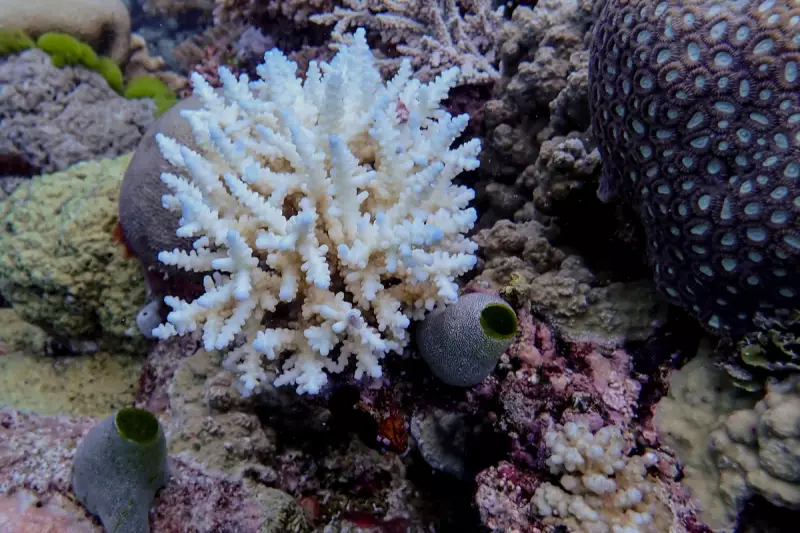
In a closely watched decision, UNESCO has decided not to place the Great Barrier Reef on its 'in danger' list, despite ongoing environmental threats. However, the organisation has issued a stark warning: without immediate action on climate change, the world's largest coral reef system remains at severe risk.
A Reprieve—But Not a Solution
The Australian government had lobbied intensely against the 'in danger' classification, arguing that recent conservation efforts—including a multi-billion-dollar reef protection plan—demonstrate commitment to preservation. UNESCO acknowledged these measures but emphasised that rising ocean temperatures and repeated coral bleaching events continue to endanger the reef's future.
Climate Change: The Unresolved Crisis
Scientific studies show that the reef has lost over half its coral cover since 1995, primarily due to mass bleaching events triggered by warming seas. While UNESCO praised Australia's short-term efforts, it stressed that global carbon emissions must be drastically reduced to secure the reef's long-term survival.
Political Reactions
Australian officials welcomed the decision as a vindication of their policies, while environmental groups warned against complacency. "This isn't a victory—it's a stay of execution," said one marine biologist. "Without stronger climate policies, the reef won't survive another decade."
What’s Next for the Reef?
UNESCO has demanded an updated progress report by February 2024, keeping pressure on Australia to accelerate conservation work. Meanwhile, scientists urge nations to align their climate policies with the Paris Agreement to mitigate further damage.





